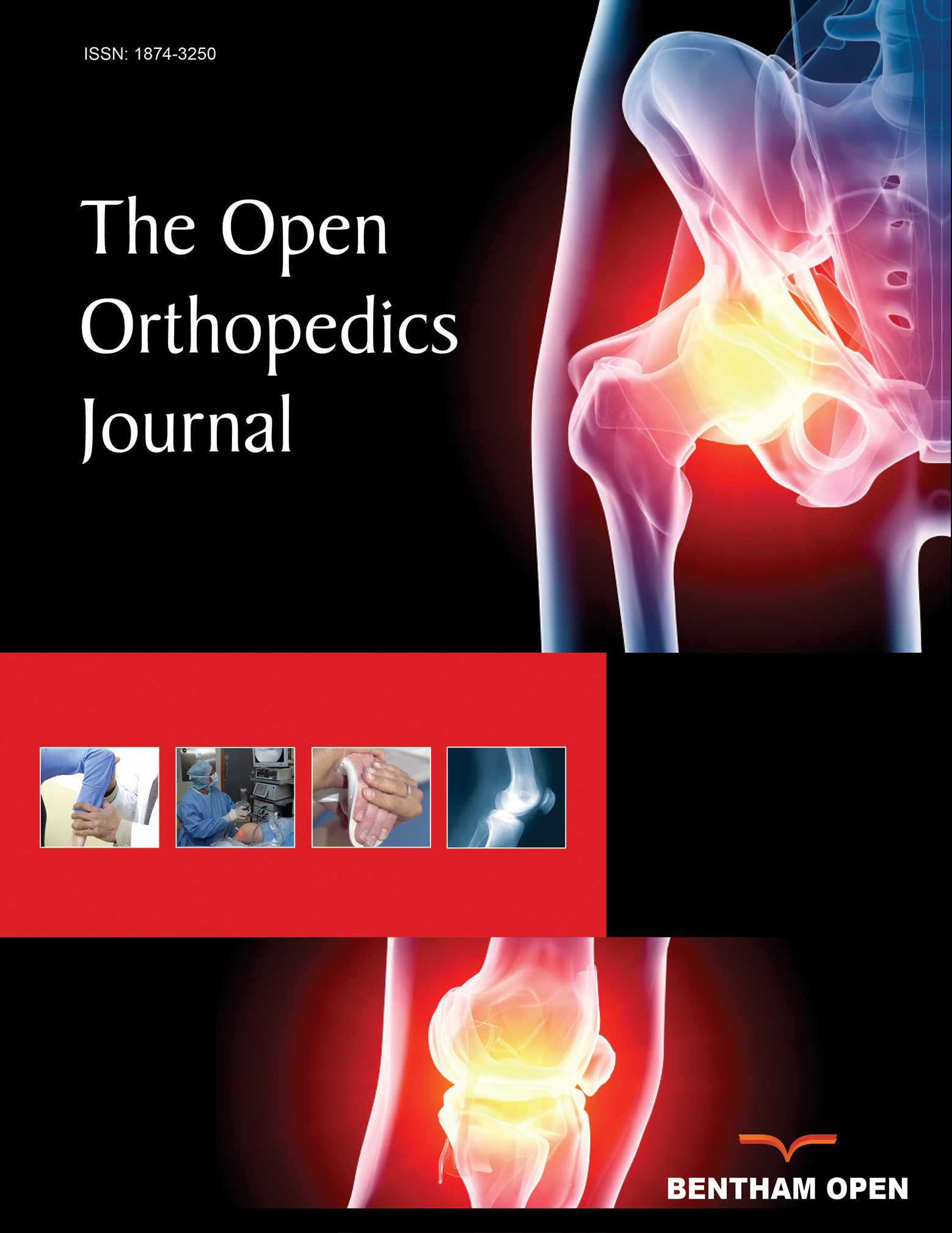All published articles of this journal are available on ScienceDirect.
Audit of Orthopaedic Audits in an English Teaching Hospital: Are We Closing the Loop?
Abstract
Background:
Clinical audit is an important tool to improve patient care and outcomes in health service. A significant proportion of time and economic resources are spent on activities related to clinical audit. Completion of audit cycle is essential to confirm the improvements in healthcare delivery. We aimed this study to evaluate audits carried out within trauma and orthopaedic unit of a teaching hospital over the last 4 years, and establish the proportions which were re-audited as per recommendations.
Methods:
Data was collected from records of the clinical audit department. All orthopaedic audit projects from 2005 to 2009 were included in this study. The projects were divided in to local, regional and national audits. Data regarding audit lead clinicians, completion and presentation of projects, recommendations and re-audits was recorded.
Results:
Out of 61 audits commenced during last four years, 19.7% (12) were abandoned, 72.1% (44) were presented and 8.2 % (5) were still ongoing. The audit cycle was completed in only 29% (13) projects.
Conclusion:
Change of junior doctors every 4~6 months is related to fewer re-audits. Active involvement by supervising consultant, reallocation of the project after one trainee has finished, and full support of audit department may increase the ratio of completion of audit cycles, thereby improving the patient care.


